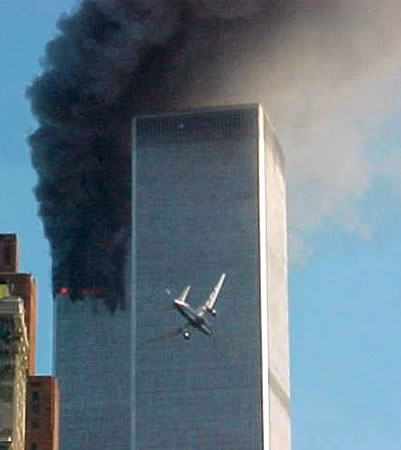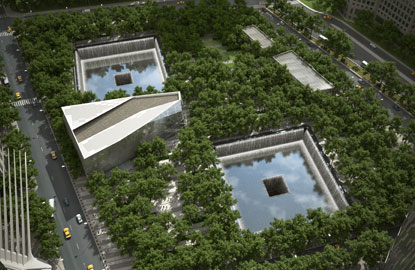Today we are going to talk about something a bit more positive and uplifting than usual: globalization. This sort of ties into world peace. It is saying that we all come together, and put aside our differences like sex, race, and ethnicity. Over the past 12 years, globalization has taken a dramatic turn. The world is overall coming together by things that bring it together, like Facebook, Youtube, and Twitter. The fact that you can watch a video of someone doing something on the other side of the world mere seconds later is amazing. That is one of the main reason the arab spring was so successful: because they had the media on their side. People all around the world saw what was happening.
Another thing that I think brings us together is food. Thousands of years ago, it is believed that ancient people developed language and emotions around the fire while waiting for their food to cook. Now, in our modern age, fastfood restaurants bring us together. This may sound weird, but McDonalds is all over the world. Everyone know what McDonalds is. For the first time in history, people all over the world have access to the same food. Many places in the world are growing together. We are learning each others languages. We play soccer, and basketball, and baseball and so many other sports all over the world. We are beginning to intermarry. We are listening to the same music. We can get on a plane in the United States, and fly to Mumbai, India in just a few hours. Things are changing and fast. And if we eat the same food, listen to the same music, play the same sports, speak each others languages, and can get across the world in a metter of hours, what situation does that put the world in? We are finally becoming one. Maybe sometime soon, we will realize that no matter what race, sex, religion, or ethnicity you are, we are all human beings, and that is the bottom line. Thank you.
A human rights video I made.
A McDonalds in Japan
A McDonalds in Morocco.
A McDonalds in Spain.
A McDonalds in Argentina.
A McDonalds in Australia.






















